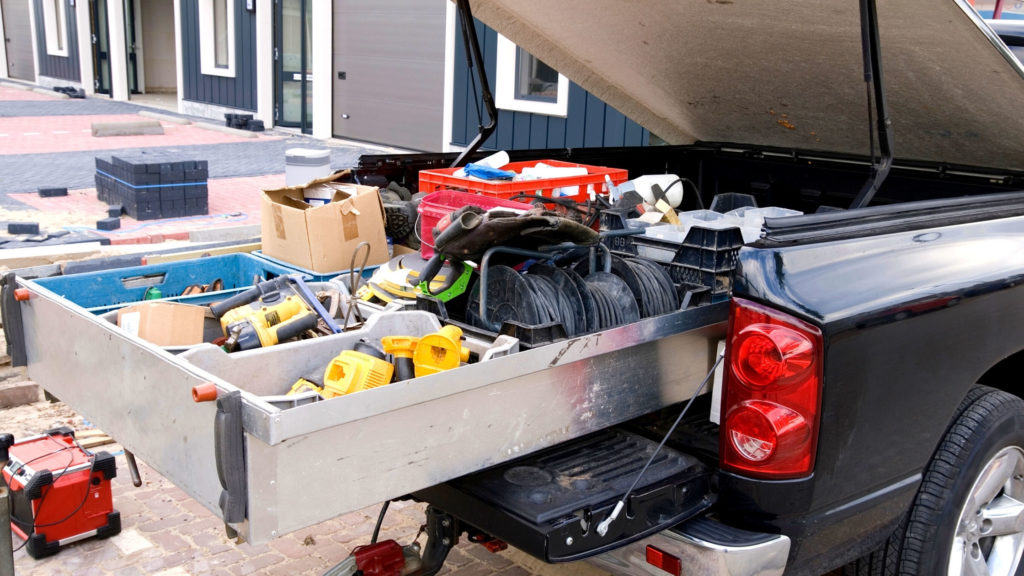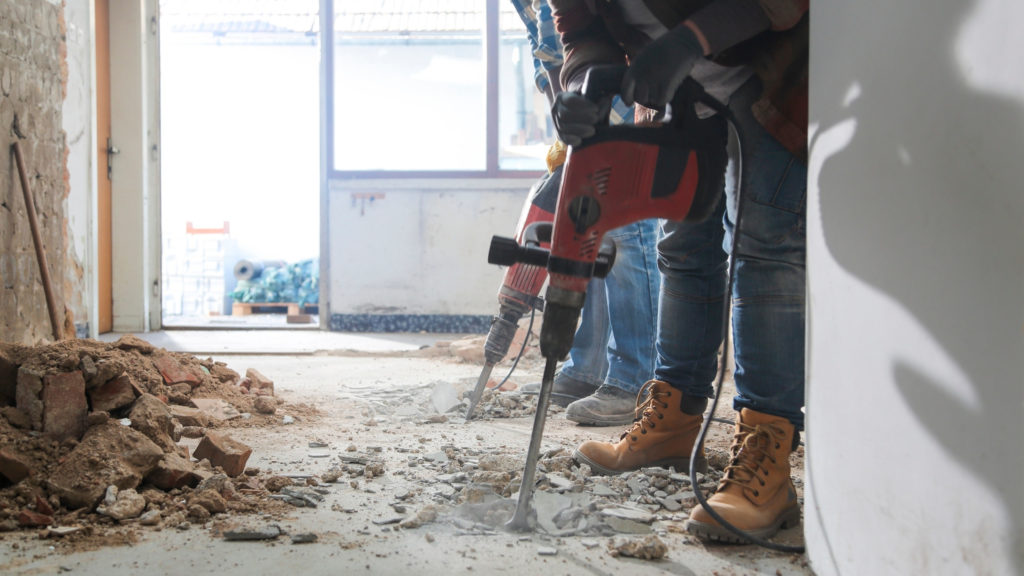Proper insurance for home remodelers is becoming increasingly more important. A recent survey found that home renovations increased dramatically during the first half of 2021, with 55% of homeowners stating they’ve made substantial improvements that would increase their home’s value.
With new home prices skyrocketing, owners are deciding to stay longer in existing homes and make them more livable. In addition, the pandemic has led to new work- and learn-from-home arrangements, spurring room additions and renovations of existing spaces.
While all of this is great for your business, it’s more important now than ever for you to be aware of your exposure to liability claims and lawsuits. Even if you’re not as big as a general contractor, you have many of the same risks. Asking an insurance professional to help analyze your needs may reveal you’re underinsured.
We may also be able to help you secure a home improvement contractor license bond. Most states require anyone working with electricity, plumbing, or heating, ventilation and air-conditioning to be licensed and bonded.
Here are some important coverages to consider:
Start with commercial general liability
All contractors should carry commercial general liability (CGL) insurance, and it may be a requirement in your state to become a licensed contractor.
CGL protects you from claims involving injuries and property damage during the course of your work. For example, if you leave power tools out, you could be held liable if someone gets hurt. Even worse, if an addition you’re working on collapses and severely injures a homeowner, you could face a major lawsuit.
You don’t need to have a very vivid imagination to think of the property damage you might be responsible for if something goes wrong on a job — for example, if wiring you put in starts an electrical fire or a new faucet you install causes a major leak.
Insurance experts say CGL is the most important coverage a business owner can buy, because one expensive claim could put you out of business if you’re unprotected. CGL will cover medical expenses, property damage, legal expenses, and any judgments or settlements you might have to pay.
CGL also covers personal injury such as libel or slander, copyright infringement, misleading advertising or use of another’s intellectual property.
Policies have limits, usually set at $1 million or more, on how much they’ll pay each year. An insurance professional can discuss your options and recommend a policy that’s best for your remodeling business.
CGL insurance doesn’t cover your employees if they’re injured (they would be covered by workers’ compensation insurance), and it doesn’t cover professional or employment practices liability (these coverages can be purchased separately).
Workers’ compensation insurance
Workers’ compensation insurance is required in nearly every state if you have employees on your payroll. If you’re a sole proprietor or have only one or two employees, you may be exempt. Check your state’s requirements.
Even self-employed contractors can benefit from workers’ comp insurance. It covers the cost of job-related injuries and illness, and pays for lost wages and medical and rehabilitation expenses while an employee recovers.
You can usually purchase workers’ comp insurance from a standard carrier. Employers who have been declined because of high risk or too many claims can buy coverage from their state’s assigned risk pool. Your agent or broker can help with that.
You can keep your claims down by following health and safety best practices. Contracting work can be hazardous if precautions aren’t taken. Make sure your employees are following correct safety procedures.

Commercial auto insurance usually has higher limits and will cover trucks and vans.
Commercial auto and property insurance
Whether you’re a sole proprietor or have a contracting company, you’ll need commercial auto insurance for your vehicles. Even if you have only one truck, you won’t be able to insure it through your personal auto policy if it’s owned by your company and used for business. A commercial policy will allow you to name your employees as additional insureds so they can drive your vehicles.
Like personal auto insurance, commercial auto insurance covers bodily injury, property damage and accidents involving uninsured or underinsured motorists. Commercial auto insurance usually has higher limits and will cover trucks and vans.
You’ll also need commercial property insurance to protect any business property you own such as a building, computers, office equipment and supplies, tools and material you use for your work. Most commercial property policies insure items located at a fixed business address only. You may need to purchase a separate policy, called inland marine insurance, to cover the tools and material you transport to a customer’s property or a job site.
Builders risk insurance
Builders risk insurance is a policy that insures a construction project in progress. Like inland marine insurance, builders risk insurance covers materials, supplies and equipment in transit, but it also insures them once they are on the job site. Coverage continues until the project is complete.
Builders risk insurance covers major losses from fires, lightning, hurricanes, explosions, theft, etc., on an “all perils” basis, similar to a property insurance policy. There are various types of builders risk insurance, including policies designed specifically for renovation and remodeling projects.
Multiple parties can be named as insureds on a builders risk policy, including contractors, owners and lenders.
BOPs provide several types of coverage in one policy
Many carriers offer business owners policies (BOPs) to cover the basic insurance needs of a small business. The standard BOP gives you CGL, commercial property and business income insurance in one bundled policy, usually priced lower than if you were to buy the three separately.
Business income insurance, also known as business interruption insurance, replaces lost income if your business is shut down due to a fire or natural disaster.
BOPs usually don’t include auto insurance or workers’ compensation insurance, but an insurer may allow you to add coverage to your BOP.
CPPs offer more flexibility
Another option is a commercial package policy (CPP). CPPs offer more flexibility than a BOP. You can tailor CPPs to your needs since they allow you to add the coverage you want and drop the coverage you don’t.
With the construction business booming, you may be extremely busy these days. But you can’t afford to neglect your insurance needs. You don’t want to run the risk of being unprotected if you’re named in a lawsuit or suffer property loss, or if someone is hurt on the job. Talk to an insurance professional about designing a comprehensive insurance plan that’s tailored to the needs of your remodeling business.
This content is for informational purposes only and not for the purpose of providing professional, financial, medical or legal advice. You should contact your licensed professional to obtain advice with respect to any particular issue or problem.
Copyright © 2021 Applied Systems, Inc. All rights reserved.

